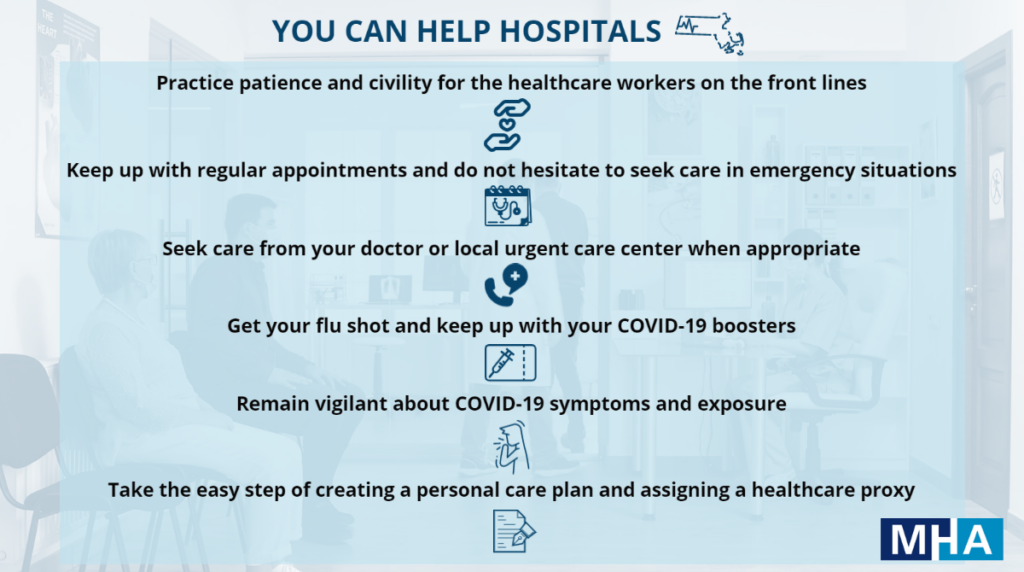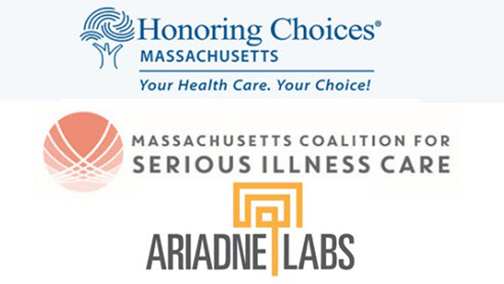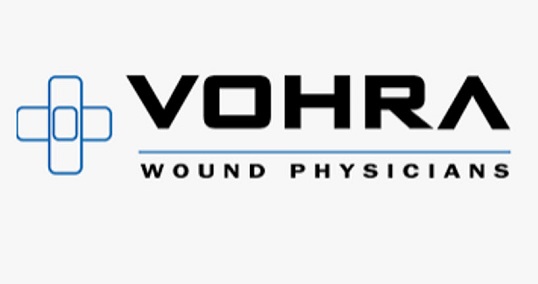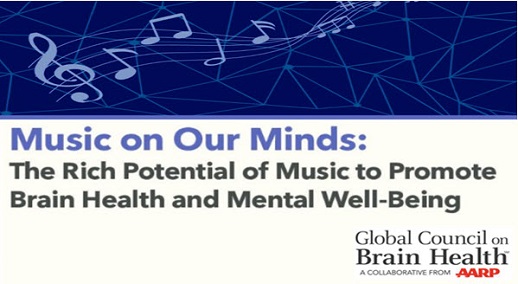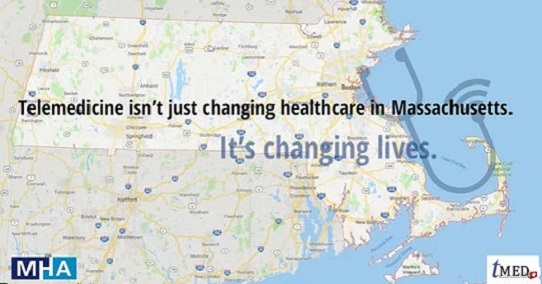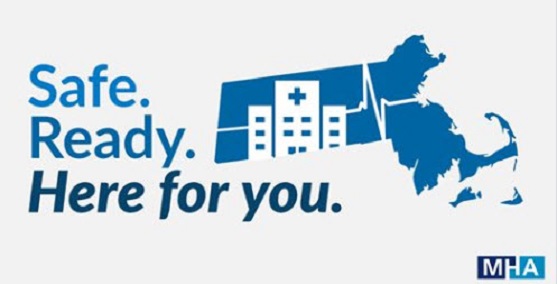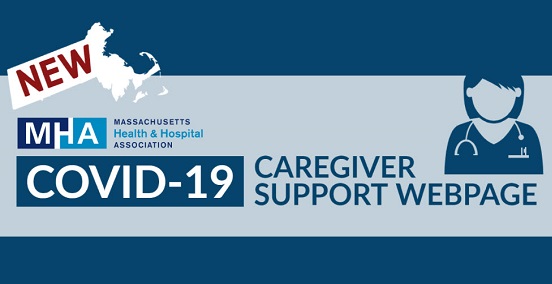This National Healthcare Decisions Day, MHA and our coalition members encourage you to take the simple steps necessary to take charge of your healthcare.
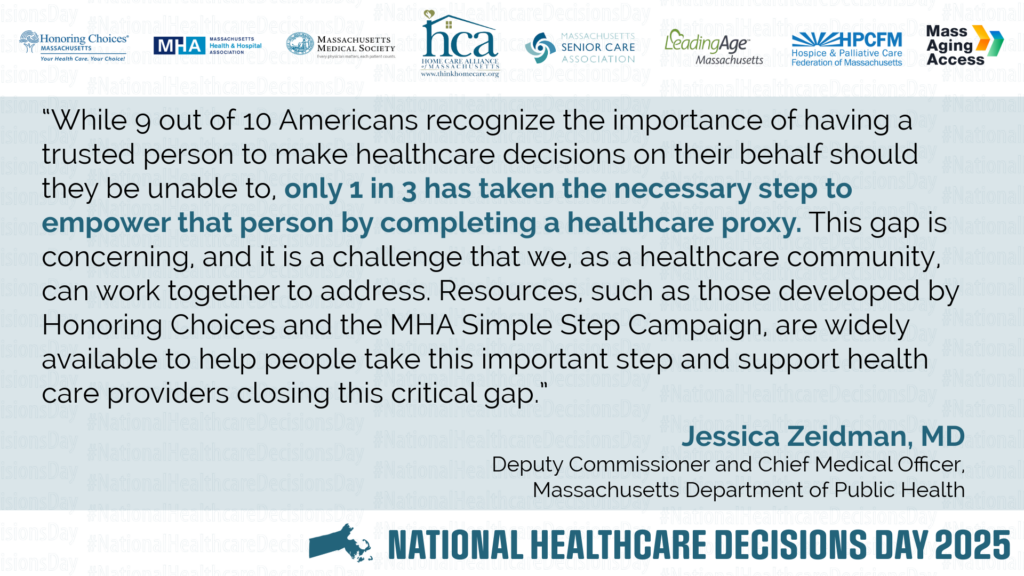
The coalition is highlighting three key steps for community members:
- Choose someone you trust to be your designated healthcare agent and have a simple conversation about what’s important to you.
- Complete a health care proxy form – you can do it all yourself! (This form from Honoring Choices Massachusetts is available in 15 languages.) You can also complete a form that comes directly from your healthcare provider.
- Have a simple conversation with your care team about the care that’s right for you.
Completion of a health care proxy, the simple form patients can use to assign their agent, can also help alleviate some of the intense pressures healthcare organizations are experiencing. Proxies empower caregivers to work directly with trusted loved ones and efficiently transition them to other care settings from the moment their hospital stay is winding down. Hospital case managers report that when patients lack a healthcare agent, it prevents them from being discharged and ties up acute-level beds for other patients in need. Patients do not get the level of care they need, while hospital wait times and care access for other individuals suffer.





